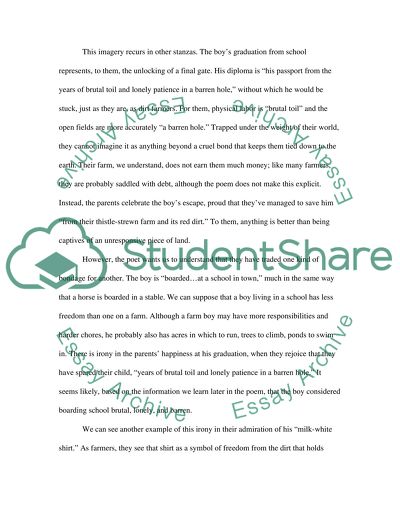Cite this document
(“Boarded and Caged: Ideas of Freedom in Warren Pryor Essay”, n.d.)
Retrieved from https://studentshare.org/literature/1528745-boarded-and-caged-ideas-of-freedom-in-warren-pryor
Retrieved from https://studentshare.org/literature/1528745-boarded-and-caged-ideas-of-freedom-in-warren-pryor
(Boarded and Caged: Ideas of Freedom in Warren Pryor Essay)
https://studentshare.org/literature/1528745-boarded-and-caged-ideas-of-freedom-in-warren-pryor.
https://studentshare.org/literature/1528745-boarded-and-caged-ideas-of-freedom-in-warren-pryor.
“Boarded and Caged: Ideas of Freedom in Warren Pryor Essay”, n.d. https://studentshare.org/literature/1528745-boarded-and-caged-ideas-of-freedom-in-warren-pryor.


